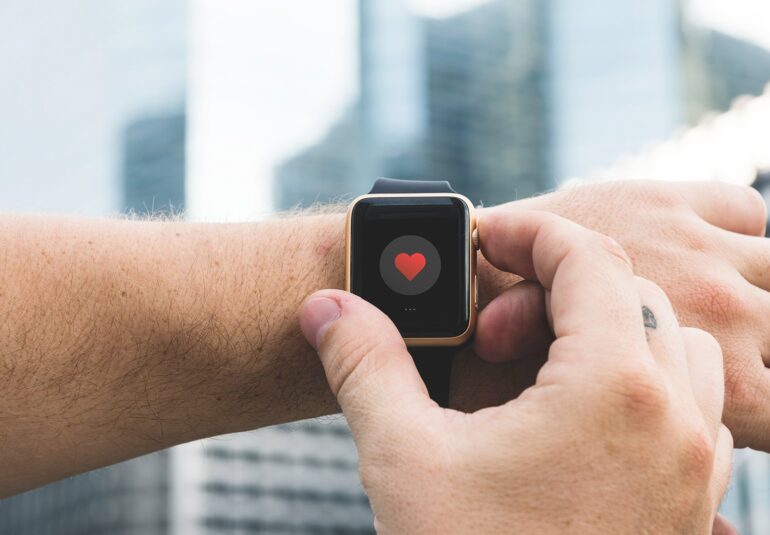

-
by admin
It’s easy to believe that when it comes to hydration, more is always better.
We’ve all heard that the body is made mostly of water and that we should drink about eight glasses of water a day.
We’re told that drinking copious amounts of water can clear our skin, heal our colds, and aid in weight loss. And everyone seems to own a giant reusable water bottle these days, refilling constantly. So, shouldn’t we be chugging H2O at every opportunity?
Not necessarily.
Although getting enough water is very important for your overall health, it’s also possible (though uncommon) to consume too much.
Dehydration may always be in the spotlight, but overhydration also has some serious adverse health effects.
Here’s a look at what happens when you drink too much water, who’s at risk, and how to ensure you stay properly — but not overly — hydrated.
Staying hydrated is important for bodily functions like blood pressure, heart rate, muscle performance, and cognition.
However, “proper hydration” is notoriously difficult to define. Fluid needs vary by age, sex, diet, activity level, and even the weather.
Health conditions like kidney disease and pregnancy can also alter the amount of water a person should drink each day. Certain medications can affect the body’s fluid balance, too. Even your own individual hydration needs can change from day to day.
In general, most experts recommend calculating half your weight and drinking that number of ounces per day. For example, a 150-pound person could strive for a daily total of 75 ounces (oz.), or 2.2 liters (L).
The Dietary Reference IntakeTrusted Source from the Institute of Medicine also offers guidelines for adequate water consumption for children and adults.
Adequate daily water intake by age
- Children ages 1 to 3: 1.3 L (44 oz.)
- Children ages 4 to 8: 1.7 L (57 oz.)
- Males ages 9 to 13: 2.4 L (81 oz.)
- Males ages 14 to 18: 3.3 L (112 oz.)
- Males ages 19 and older: 3.7 L (125 oz.)
- Females ages 9 to 13: 2.1 L (71 oz.)
- Females ages 14 to 18: 2.3 L (78 oz.)
- Females ages 19 and older: 2.7 L (91 oz.)
These target amounts include not only water and other fluids you drink, but water from food sources as well. A number of foods can provide liquids. Foods like soups and popsicles are recognizable sources, but less obvious items like fruits, vegetables, and dairy products also contain significant amounts of water.
So, you don’t need to only chug H2O to stay hydrated. In fact, other fluids can contain necessary nutrients you don’t get from regular water that are important for your health.
While we all need plenty of water to maintain good health, the body has its limits. In rare cases, overloading on fluids can come with dangerous consequences.
So, how much is too much? There’s no hard number, since factors like age and preexisting health conditions can play a role, but there is a general limit.
“A normal person with normal kidneys can drink [roughly] as much as 17 liters of water (34 16-oz. bottles) if taken in slowly without changing their serum sodium,” says nephrologist Dr. John Maesaka.
“The kidneys will excrete all of the excess water fairly promptly,” Maesaka says. However, the general rule is that the kidneys can only excrete about 1 liter an hour. So the speed at which someone drinks water can also change the body’s tolerance for excess water.
If you drink too much too fast, or your kidneys don’t work properly, you may reach a state of overhydration sooner.
The body strives to constantly maintain a state of balance. One part of this is the ratio of fluid to electrolytes in the bloodstream.
We all need certain amounts of electrolytes like sodium, potassium, chloride, and magnesium in our bloodstream to keep our muscles contracting, nervous system functioning, and body’s acid-base levels in check.
When you drink too much water, it can disrupt this delicate ratio and throw off the balance — which is, unsurprisingly, not a good thing.
The electrolyte of most concern with overhydration is sodium. Too much fluid will dilute the amount of sodium in the bloodstream, leading to abnormally low levels, called hyponatremia.
Symptoms of hyponatremia may be mild at first, such as a feeling of nausea or bloating. Symptoms can become severe, especially when sodium levels suddenly drop. Serious symptoms include:
- fatigue
- weakness
- unsteady gait
- irritability
- confusion
- convulsions



Hailey Fisher
November 7, 2018 at 1:08 pmAutem deleniti ut optio consequatur eos quia accusamus. Non quisquam quasi optio aperiam est odit quia. Ullam et aut sed officia ut.